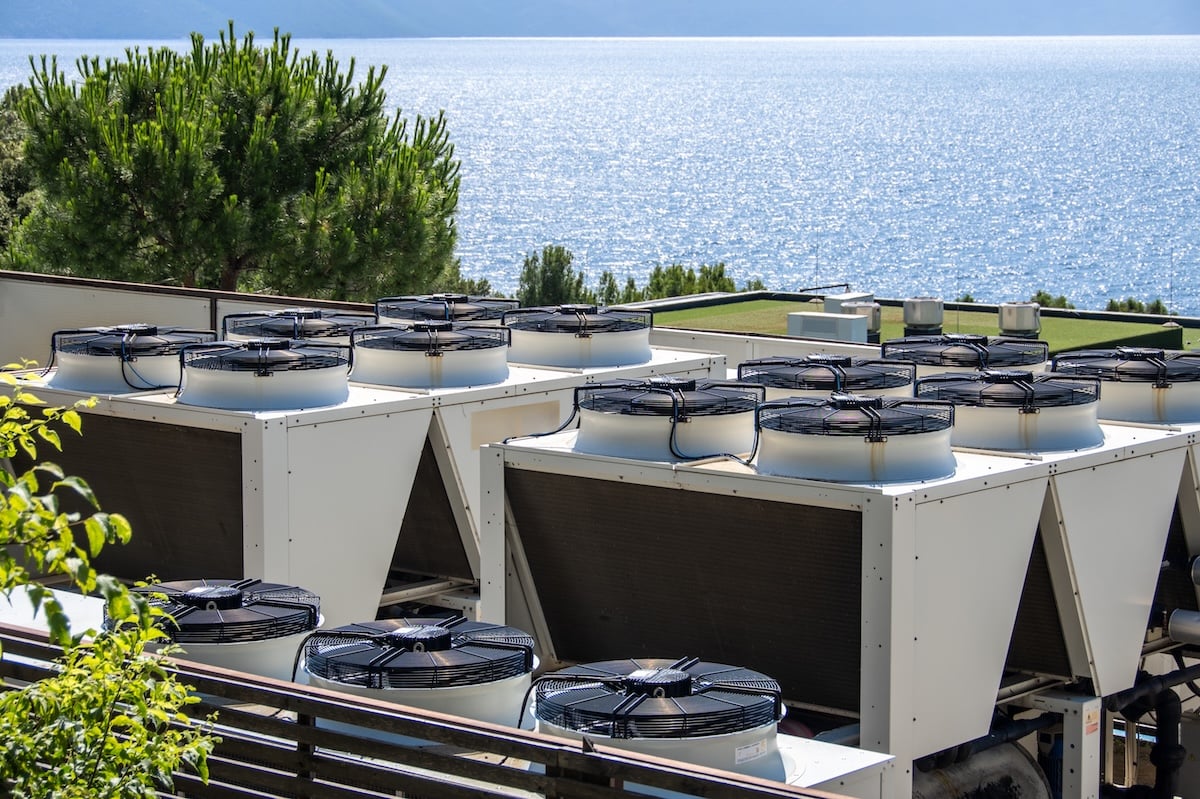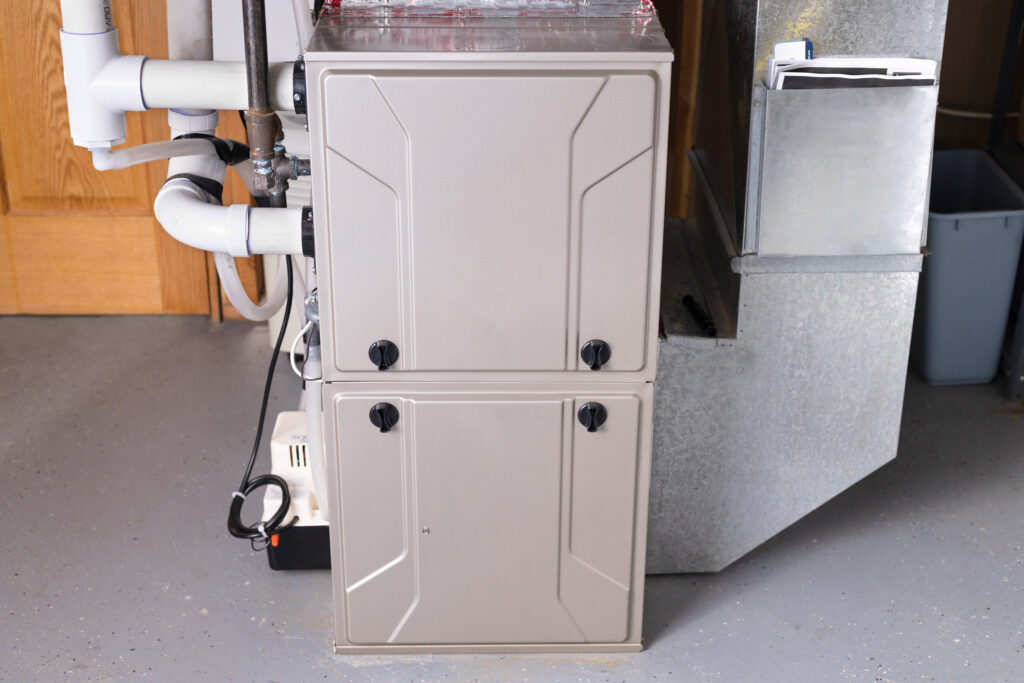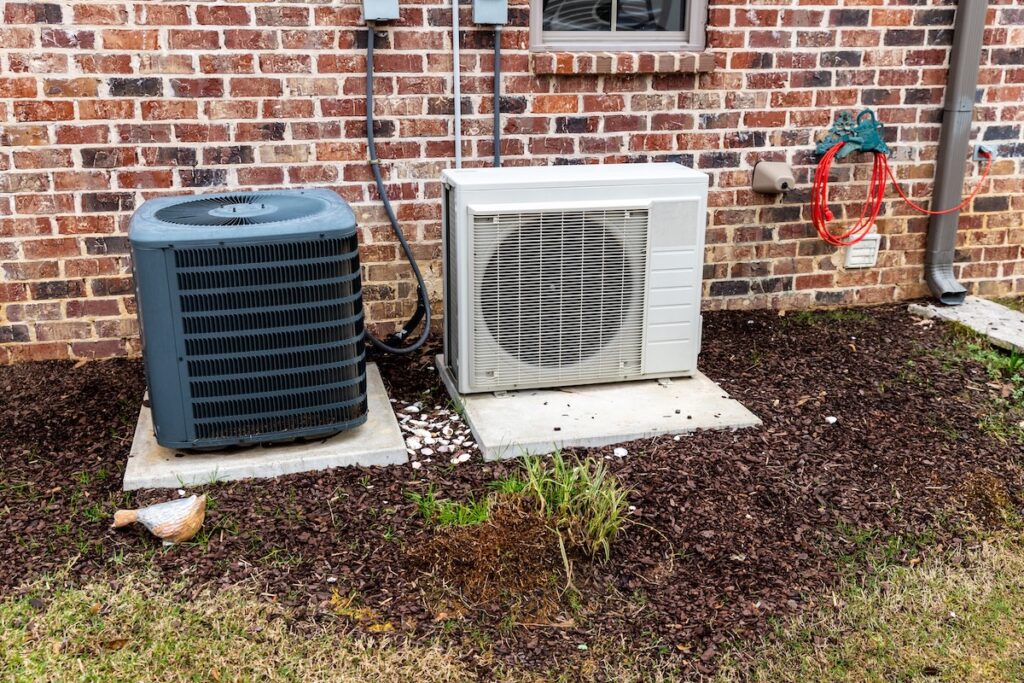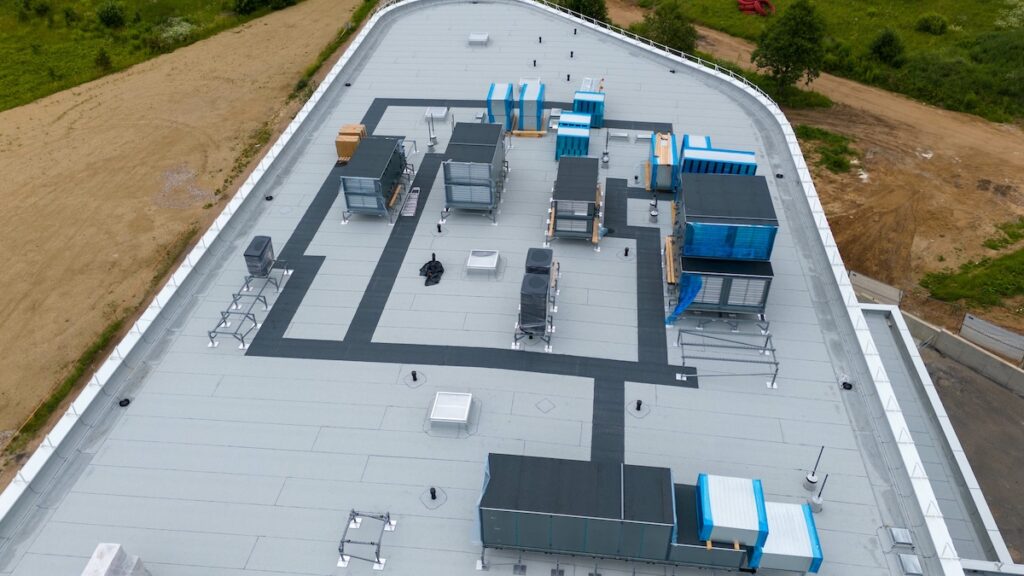


October 15, 2025
7 Types of HVAC Systems (Residential & Commercial Options)
Heating, cooling, and ventilation are essential for year-round comfort. But when it comes time to upgrade or replace your system, the choices can feel overwhelming. There are several types of HVAC systems, each with unique benefits depending on the size of your home or business, your climate, and your budget. The right choice impacts not just comfort, but also long-term energy efficiency and maintenance costs. With professional HVAC installation and care, you can ensure whichever system you choose performs at its best.
In this guide, you’ll discover:
- Why it’s important to understand different HVAC system types
- Seven common HVAC systems and what makes each one unique
- How to compare systems for efficiency, cost, and practicality
- Common homeowner questions about HVAC choices
- Maintenance and upgrade considerations to protect your investment
🏡 Why Knowing Your HVAC Options Matters

Selecting the right HVAC system is one of the most impactful decisions homeowners and business owners make. It’s not just about heating or cooling — it’s about overall efficiency, comfort, and long-term value. If you’re unsure how system size impacts performance, our guide on what size furnace do I need? breaks down how proper sizing prevents energy waste and unnecessary strain on your equipment.
- Tailored Comfort: Different systems suit different home sizes, layouts, and climates.
- Cost Savings: Matching the right system to your space helps reduce wasted energy.
- Sustainability: Modern systems with higher efficiency ratings use less fuel and electricity.
- Reliability: Investing in the right type reduces breakdowns and expensive emergency repairs.
- Property Value: Buyers often prefer homes with newer, efficient HVAC systems already installed.
👉 7 Common Types of HVAC Systems
Each HVAC system has strengths and trade-offs. Here are the most common residential and commercial options, explained in plain terms.
1. Split System (Traditional Heating & Cooling)
The split system is the most familiar setup, with components both inside and outside the home.
- Outdoor unit houses the condenser and compressor
- Indoor unit includes the furnace and evaporator coil
- Air circulates through ductwork into every room
Best for: Homes that already have ductwork installed and need both heating and cooling.
2. Hybrid Split System
A variation of the traditional split, hybrid systems offer more flexibility by combining a gas furnace with an electric heat pump.
- Automatically switches between gas and electric depending on efficiency needs
- Reduces energy bills by using the most cost-effective source at any given time
- Provides reliable heat in colder climates while saving energy in milder weather
Best for: Homeowners looking to balance performance with lower long-term costs.
3. Ductless Mini-Split System
Ductless systems deliver heating and cooling without traditional ductwork. If you live near the area and are exploring mini-split installation options, our team proudly serves homeowners in Frederick with expert system recommendations and installations.
- Wall-mounted indoor units connect to an outdoor compressor
- Zoning capability allows for individual room control
- Highly efficient since no energy is lost through ducts
Best for: Homes without ductwork, new additions, or households wanting independent temperature zones.
4. Packaged Heating & Cooling System
All components are contained in one unit, typically placed outside or on the roof. Business owners located in New Market often choose packaged units for their simplicity, reliability, and easy access for maintenance.
- Compact design makes installation easier in smaller spaces
- Provides both heating and cooling in a single cabinet
- Commonly used in commercial buildings or smaller homes with limited indoor space
Best for: Properties with no room indoors for a furnace or air handler.
5. Heat Pump System
Heat pumps provide both heating and cooling by transferring heat rather than generating it.
- Works like an air conditioner in summer, reversing flow to provide heat in winter
- Air-source heat pumps are most common, while geothermal models are the most efficient
- Reduces energy use compared to traditional furnaces
Best for: Mild to moderate climates where temperatures don’t often drop below freezing.

6. Geothermal Heating & Cooling
Geothermal systems use underground loops to exchange heat with the earth.
- Extremely efficient, reducing heating and cooling costs by up to 70%
- Long lifespan (underground components can last 25–50 years)
- Higher upfront cost, but pays off with significant long-term savings
Best for: Homeowners planning to stay long-term who want maximum efficiency and sustainability.
7. Zoned HVAC Systems
Zoned systems divide the home into sections, each with its own thermostat.
- Uses dampers in ductwork to control airflow
- Keeps different areas of the house at different temperatures
- Reduces wasted energy by only heating or cooling the spaces in use
Best for: Large homes or families with varied comfort needs.
⚖️ Comparing System Types: Efficiency, Cost & Suitability
With so many options, it helps to compare side by side.
| System Type | Efficiency | Upfront Cost | Best Fit |
| Split System | Moderate | $$ | Standard homes with ducts |
| Hybrid Split | High | $$$ | Cold climates, budget-conscious |
| Ductless Mini-Split | High | $$–$$$ | Homes without ducts, zoning needs |
| Packaged System | Moderate | $$ | Small homes, commercial |
| Heat Pump | High | $$–$$$ | Mild to moderate climates |
| Geothermal | Very High | $$$$ | Long-term homeowners, eco-focused |
| Zoned System | High | Varies | Large homes with comfort variation |
🧾 Maintenance & Upgrade Considerations

No matter which system you choose, regular care keeps it efficient and extends its life. Understanding proper maintenance and upgrades helps you get the most our of your business’s HVAC investment. If you’re based near Mt. Airy, our technicians can provide routine inspections and system performance evaluations to keep your HVAC running smoothly year-round.
Core Maintenance Tasks
- Replace filters regularly (every 1–3 months)
- Schedule annual tune-ups with a professional
- Keep outdoor units free from debris and vegetation
- Inspect ductwork for leaks and blockages
When to Consider an Upgrade
- System is 15+ years old
- Energy bills continue to rise despite maintenance
- Frequent breakdowns or costly repairs
- Outdated technology limits efficiency
Cost-Saving Upgrades to Pair With HVAC
- Smart thermostats to optimize usage
- Additional insulation to reduce system load
- Sealing doors, windows, and ducts to prevent leaks
- Zoning add-ons for targeted heating and cooling
🏡 Find the Right System for Your Space
From traditional split systems to innovative geothermal solutions, today’s HVAC technology offers options for every homeowner and business. The best choice depends on your building size, climate, budget, and long-term plans. Professional guidance ensures you get the system that delivers comfort, efficiency, and value. To compare models and performance in detail, explore our breakdown of the best HVAC systems for homes before making your final decision.
If you’re ready to explore which HVAC system is right for you, contact us today to schedule a consultation and learn about options tailored to your space.


